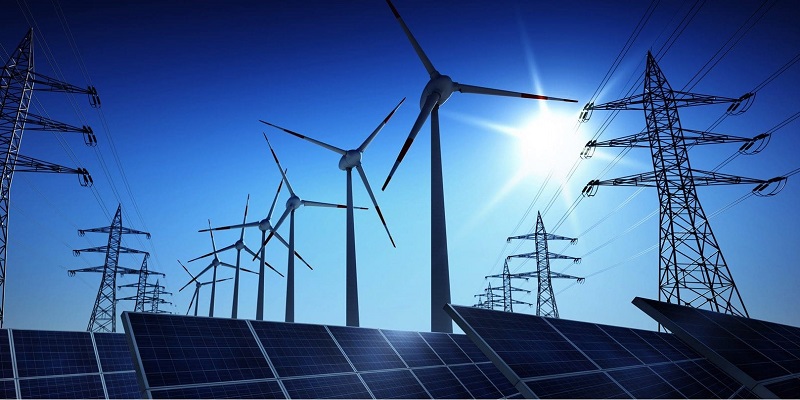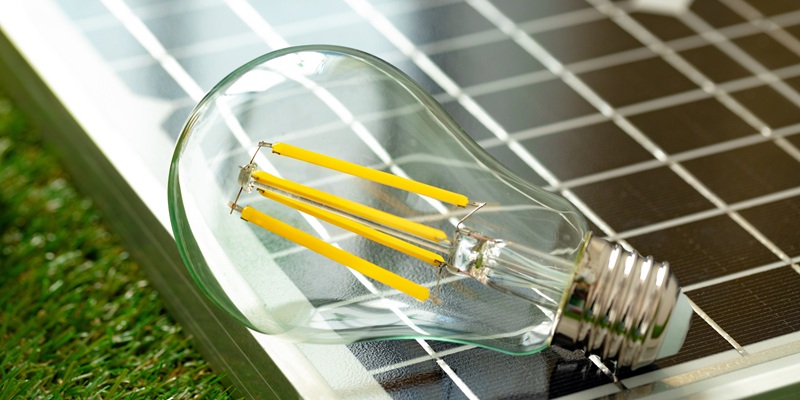Schedule a Call Back
Delicate balance between load regulation and renewable energy grid integration
 Articles
Articles- Jan 17,24

Related Stories

Is your facility ready to handle the energy demands of full automation?
As warehouses scale AI-driven automation, energy demand is emerging as a critical constraint alongside productivity gains. Strategic power planning is now essential, writes Emily Newton.
Read more
CEAT Partners CleanMax for 59 MW Hybrid Wind–Solar Power Project
CEAT has partnered with CleanMax to source ~59 MW of hybrid wind–solar power for its Halol and Kanchipuram plants, boosting clean energy use to around 60 per cent and cutting emissions significant..
Read more
PCIM Asia New Delhi Conference Debuts, Showcases Power Electronics Future
The inaugural PCIM Asia New Delhi Conference brought global experts, policymakers and industry leaders together to discuss high-efficiency power electronics and India’s evolving energy ecosystem.
Read moreRelated Products

Integrated Electric Gripper S Series
IBK Engineers Pvt Ltd offers a wide range of integrated electric gripper S series.

Geared Electric Motors
Delco Fans Pvt Ltd offers single phase capacitor run and three
phase geared Instrument motors, totally enclosed face/foot mounted.

“Kusam-Keco” Partial Discharge Acoustic Imager - Model - Km-pdai
‘Kusam-Meco’ has introduced a new “Partial Discharge Acoustic Imager Model KM-PDAI.















